Showing 2566-2580 of 5476 results
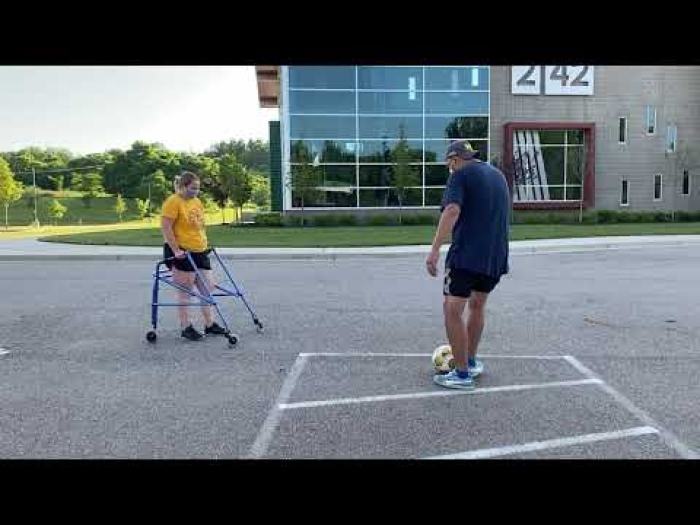
Health Lab
During the COVID-19 pandemic, a Michigan Medicine program launches a new video series to make fall sports accessible for people with disabilities.
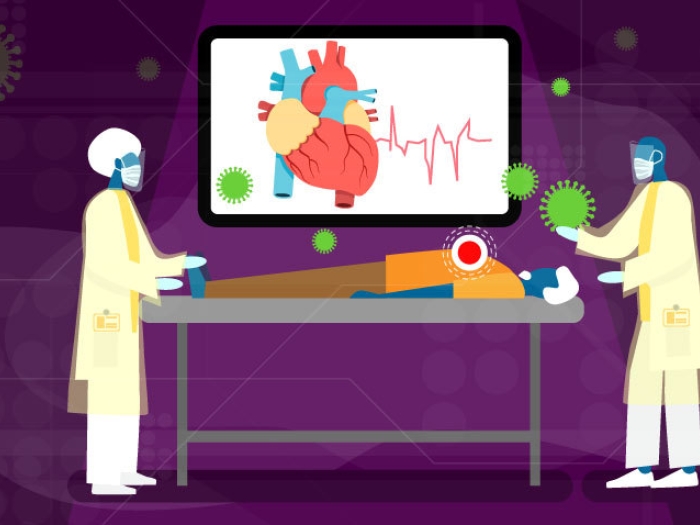
Health Lab
Study shows critically ill patients with the novel coronavirus have high rates of cardiac arrest and poor outcomes even after CPR, an effect most strongly seen in older patients.
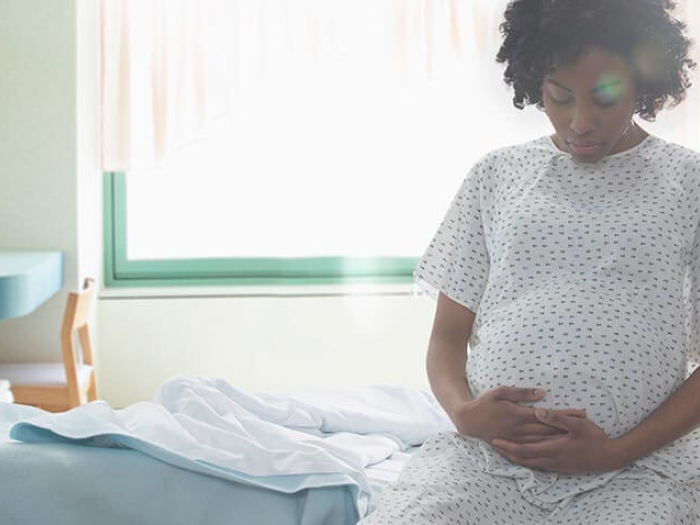
Health Lab
In states with expanded Medicaid eligibility, pregnant people were more likely to have continuous health care insurance around the time of pregnancy.

Health Lab
If you suffer from seasonal allergies, learning how to relieve your seasonal allergy symptoms could make all the difference as the seasons change.
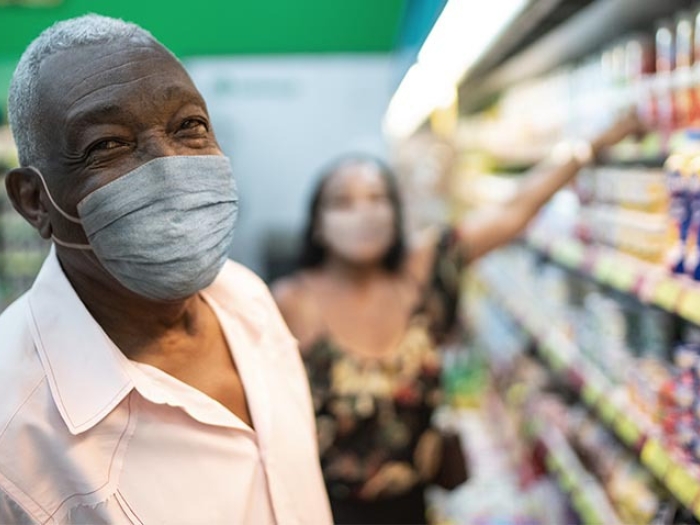
Health Lab
A new study analyzes death risk from COVID-19 in organ transplant recipients and finds one treatment method greatly increased the risk.

Health Lab
Researchers explore the relationship between the Centers for Medicare and Medicaid Services financial incentives and hospital participation in a voluntary advanced alternative payment program.
News Release
Michigan Medicine is participating in a nationwide study funded by the National Institutes of Health that will seek to discover the cause of several unusual forms of diabetes.
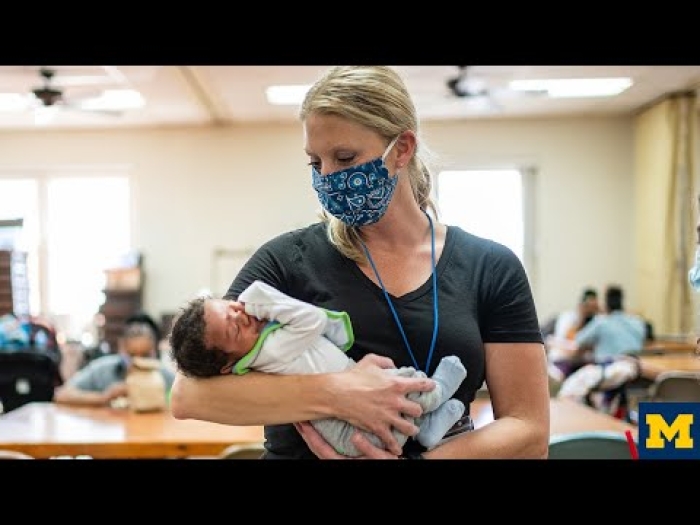
Health Lab
The Luke Clinic brings free prenatal and obstetric services to individuals in need.
News Release
In ancient Greece, people who were sick would seek the help of IASO, the goddess of cures, remedies and modes of healing. Now, University of Michigan researchers are counting on a different IASO—the Immunity Associated with SARS-CoV-2 study—to provide a path to recovery from COVID-19.
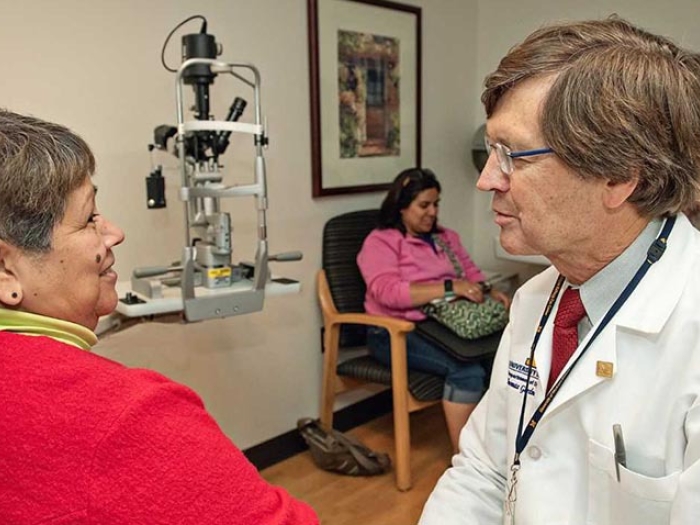
Health Lab
Innovative device ensures doctors obtain adequate fluid samples from the eye, helping with diagnosis and individualized treatment plans for patients.

Health Lab
A new tool uses expressive writing to help cancer patients, others cope with life challenges during the coronavirus pandemic.

Health Lab
National Poll finds COVID-19 may not influence parents’ beliefs about the flu vaccine, with just 1/3 believing it’s more important for children to get vaccinated in 2020.
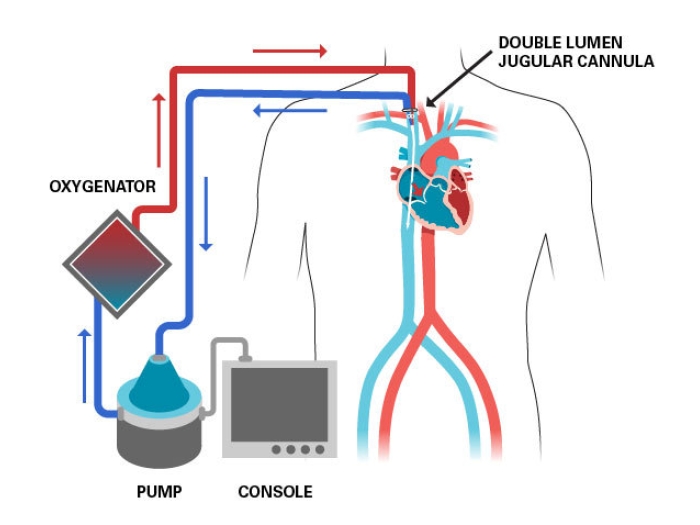
Health Lab
Survival rates for COVID-19 patients on ECMO life support is similar to that for other ARDS causes, a new study finds.
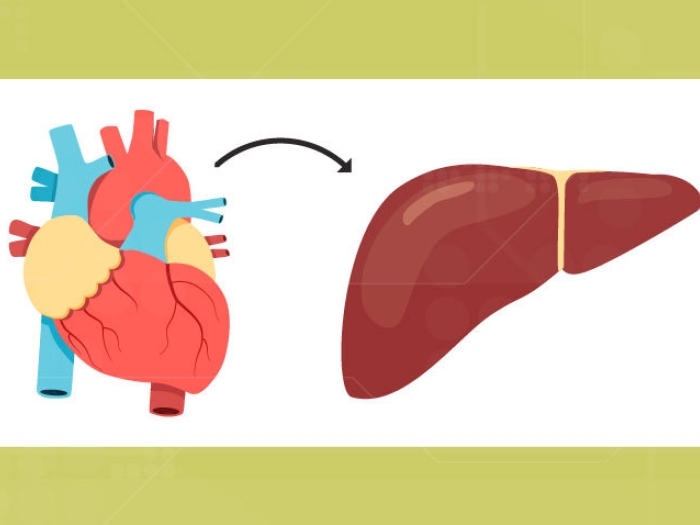
Health Lab
A Michigan Medicine team looks into the prevalence of NAFLD in patients with heart failure with preserved ejection fraction.
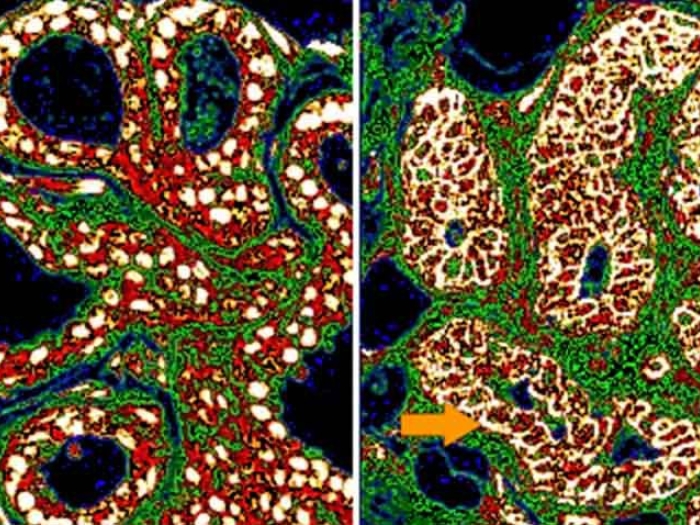
Health Lab
The new approach could help doctors to separate aggressive stage 0 breast cancer from non-aggressive forms, sparing some women unnecessary mastectomies.